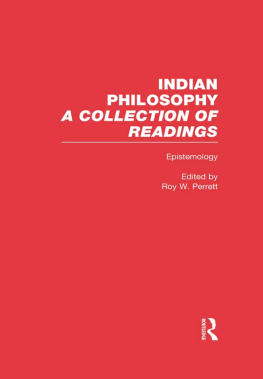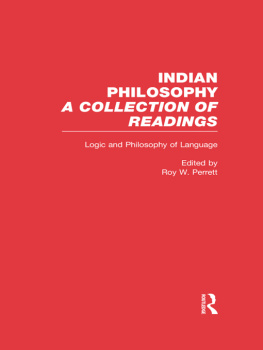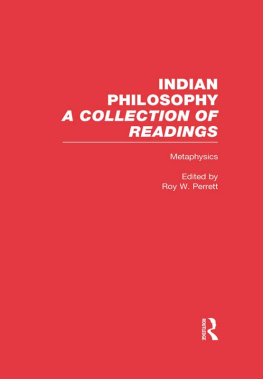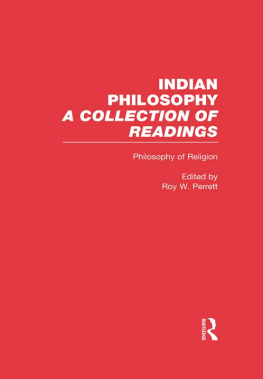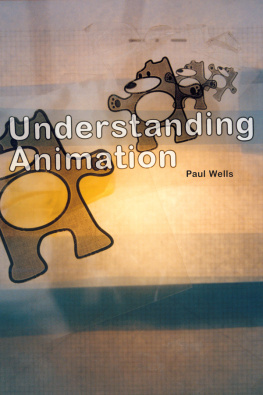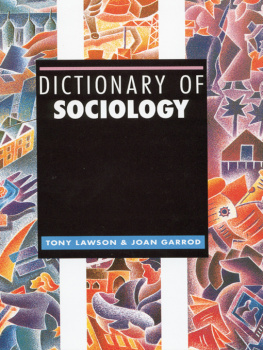
The Wells of Ibn Saud
The dramatic rise to power of the Saudi family in Central Arabia and the emergence of the country from early Moslem ways into the modern materialism of the West are vividly described in this book by a Dutch official stationed in South Arabia from 1926 to 1931 and from 1941 to 1945. This is much more than a personal memoir. Through the account of his long service in Saudi Arabia, the author gives the reader a unique perspective on this feudal land. The personal glimpses of Arab life the authors acquaintance with Ibn Saud and St. John Philby, and his affection for the pilgrim town of Jedda, are the more interesting because he is Dutch and thus in a position to compare impartially the impact upon Arabia of the British and the Americans. The story of Ibn Saud whose story this book relates, is superficially, or materially, a success story. But spiritually, as Mr. van der Meulen views it. it has its bitter aspect, as the King began to realise before he died.
D. VAN DER M EULEN was educated at Leiden University. He was Netherlands Minister in Jeddah until 1945.
T HE K EGAN P AUL A RABIA L IBRARY
ARABIA AND THE ISLES
Harold Ingrains
STUDIES IN ISLAMIC MYSTICISM
Reynold A. Nicholson
A LITERARY HISTORY OF THE ARABS
Reynold A. Nicholson
LORD OF ARABIA: IBN SAUD
H.C. Armstong
AVARICE AND THE AVARICIOUS
AbuUthman Amr ibn Ba h r al-Ja h i z
TWO ANDALUSIAN PHILOSOPHERS
Abu Bakr Muhammad ibn Tufayl & Abul Walid Muhammad ibn Rushd
THE PERFUMED GARDEN OF SENSUAL DELIGHT
Muhammad ibn Muhammad al-Nafzawi
THE WELLS OF IBN SAUD
D. ven der Meiden
ADVENTURES IN ARABIA
W. B. Seabrook
THE SAND KINGS OF OMAN
Raymond OShea
THE BLACK TENTS OF ARABIA
Carl S. Raswan
BEDOUIN JUSTICE
Austin Kennett
THE ARAB AWAKENING
George Antonius
ARABIA PHOENIX
Gerald De Gaury
First published in 2000 by Kegan Paul International Ltd
This edition published in 2013
by Routledge
2 Park Square, Milton Park, Abingdon, Oxon OX14 4RN
Simultaneously published in the USA and Canada
by Routledge
711 Third Avenue, New York, NY 10017
Routledge is an imprint of the Taylor & Francis Group, an informa business
Kegan Paul International, 2000
All Rights reserved. No part of this book may be reprinted or reproduced or utilised in any form or be any electric, mechanical or other means, now known or hereafter invented, including photocopying or recording, or in any information storage or retrieval system, without permission in writing from the publishers.
ISBN: 0-7103-0676-8
British Library Cataloguing in Publication Data
A catalogue record for this book is available from the British Library.
Library of Congress Cataloging-in-Publication Data
Applied for.
To the memory of my wife, my counsellor and best companion in the writing of this book
Authors Acknowledgements
For those parts of this book that lay beyond his personal knowledge and experience the author has relied on three writers: H. C. Armstrong and his Lord of Arabia , H. St. J. B. Philby and chiefly his Arabian Jubilee and Ameen Rihani and his Muluk ul Arab. Without them, and most particularly without Armstrong, this book could not have appeared in its present form.
In acknowledging his deep indebtedness to these writers the author takes the opportunity of expressing his admiration of their work and his gratitude for the help it afforded him.
The author also wishes to express his grateful thanks for the help he has received in preparing his text for the English reader: its idiosyncrasies are all his own.
Illustrations
From photographs by the author, except where otherwise acknowledged
Photo: By courtesy of Mr. Krugers
Notes
Photos: * By courtesy of Professor Dr. C. Rathjens
By courtesy of ARAMCO
I HAD never dreamt of going to Arabia. Roaming the fields and woodlands of that part of Holland where I was born and now have my home, near to Sir Philip Sidneys Zutphen and not far from the Arnhem sacred to later British soldiers, I, as a boy, thought of distant lands. But the lands I thought of were not of the Middle East but of the Far East where we Dutch had had a footing for many centuries. It was the lush green isles of Java, Sumatra, Celebes and Borneo that first called me, not the steaming coasts and the scorched, arid plains of Arabia Deserta. I came from a home of devout parents and might well have felt the call to be a missionary. As it turned out I ended up as Netherlands Minister in Jedda but the career I actually embarked on, when the time came to make a choice, was in the Dutch Colonial Service.
It was thus in the second year of World War One that, fresh from the lecture-rooms of Leyden University, I found myself in the interior of northern Sumatra as a District Officer. My post was on an island in the middle of a large lake. We thought ourselves remote from war in that distant outpost but were mistaken. Muslims in the backwoods of Djambi in southern Sumatra felt the moment opportune to attack their Christian rulers, and before long the movement had spread to the then still heathen part of the Batak country in the north.
Dutch rule had penetrated that part of the Batak jungle for only a score of years or so and although it had opened a new era there and established peace and security and justice, even for the very poor, it had, inevitably, upset existing ways of life. The people resented being upset and the resulting unrest outweighed the good we had brought them. When they found that they were not to be left alone with their old beliefs and customs they revolted and a contributory cause to their revolt was fear of neglected gods.
The outbreak was sharp and sudden and the administration was quite unprepared for it. For me personally it was like a lightning flash that illumines a whole horizon. I saw the storm that was gathering over Asia and I realized that in nearly the whole of the Dutch East Indies Islam offered an obvious rallying point for a nationalist movement. It was my consciousness of the importance to us of Islam and of my lack of understanding of what was moving in its mysterious depths that led me, when on my first home leave in 1923 after eight years service, to put my name forward for inclusion in a picked group of civil servants who were to be given a two-year course of special study at Leyden University under Professor Snouck Hurgronje. Alas! the Colonial Office told me that my rating of my capacities was higher than theirs and that seemed to be the end of my aspirations.
Then the unexpected happened. Once every five years a Colonial Official was earmarked for the post of Consul at Jedda, the post, at that time, being of much more interest to our Colonial Office than to our Foreign Office. The man selected was given three years training under Snouck Hurgronjes personal supervision to prepare him for his task. Many applied and when 1 saw my name at the bottom of a list that included the names of many older, abler and, particularly, more senior colonial officials than myself I felt that my chances were poor indeed. But to my surprise and, 1 fear, that of the Colonial Office, it was I whom Snouck Hurgronje selected. I was the youngest and, possibly, physically the fittest of the applicants and this turned the scale in my favour but, as I afterwards learnt, Snouck Hurgronje also told the Colonial Office that he preferred me because I faced the prospect of Jedda with a smile.



